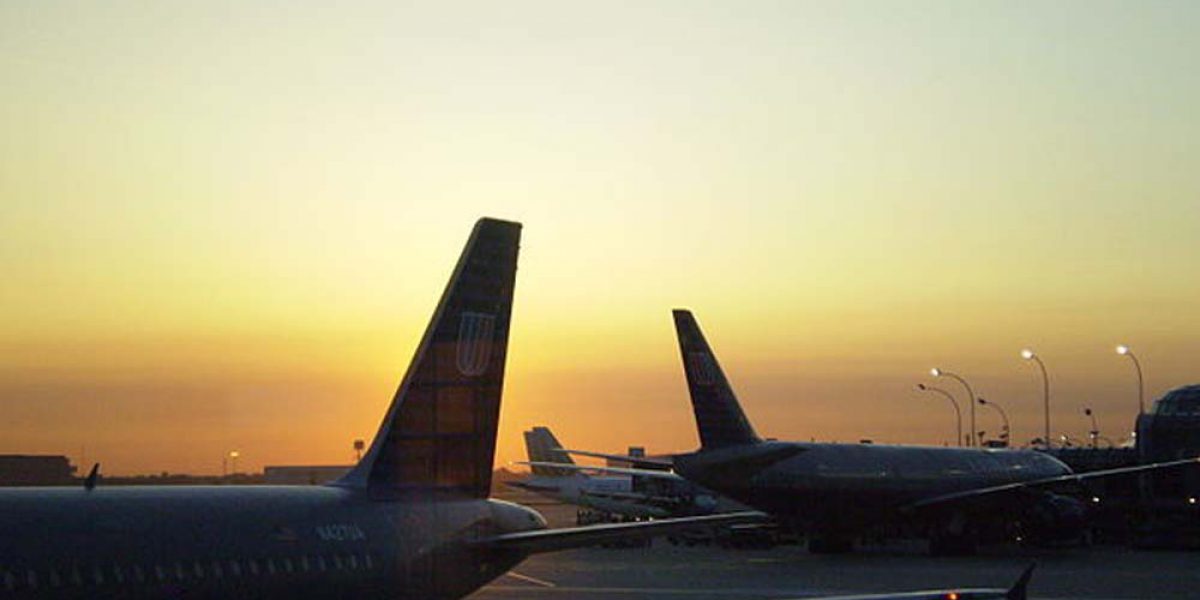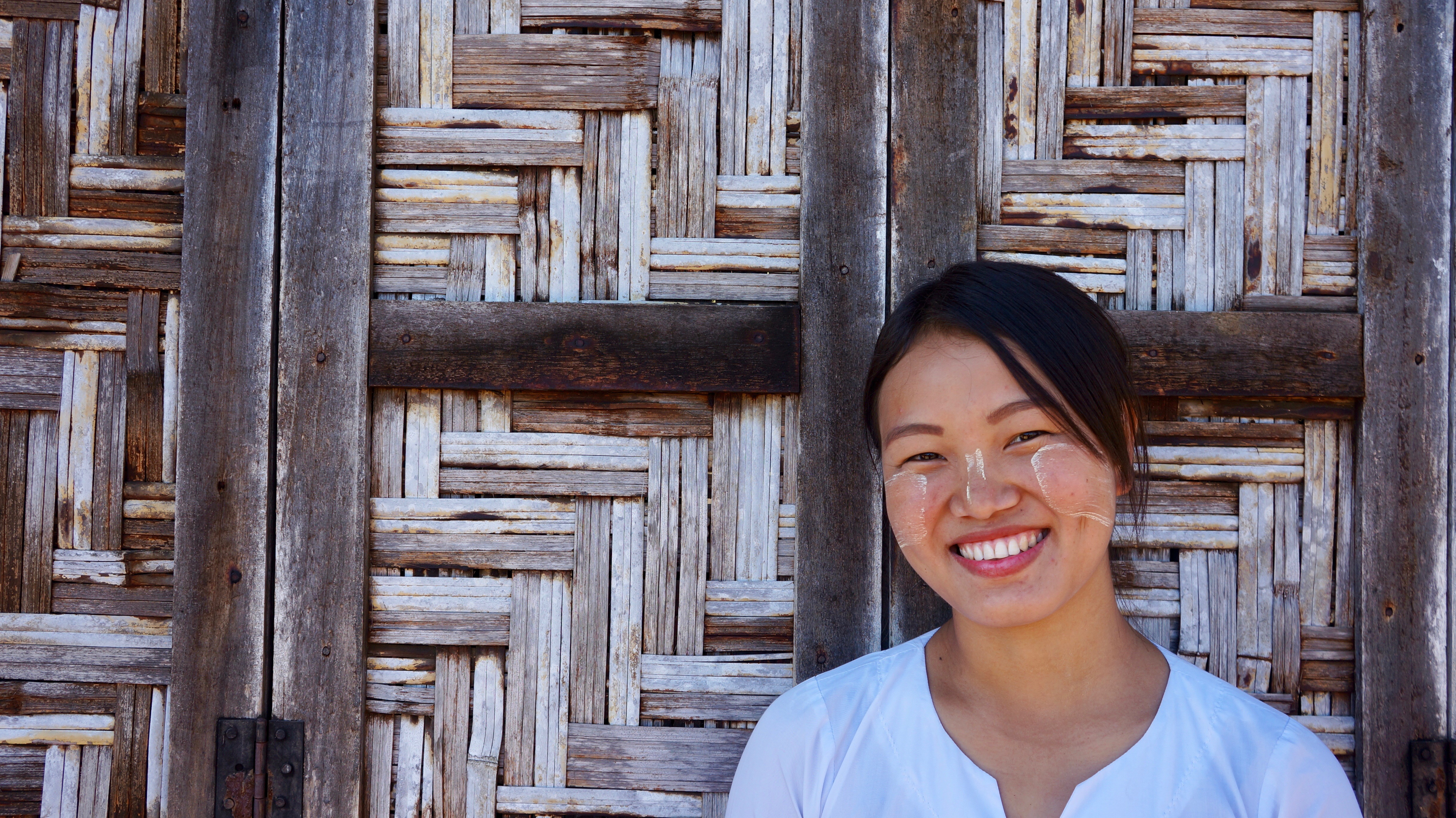Australia/Indonesia : Losing perspective in the search for simple solutions
11 July 2013

Asia Pacific, 11 July 2013– JRS Indonesia and Australia claim there are no quick solutions to complex movements of people throughout the region and warn against returning asylum seekers to Indonesia.
Jesuit Refugee Service Press Release: For Immediate Release
JRS Indonesia and JRS Australia welcome the recent visit to Indonesia by Australian Prime Minister Kevin Rudd for this year’s annual Australia-Indonesia leadership meeting on 5 July. JRS also commends President Susilo Bambang Yudhoyono’s proposal for Indonesia to host a regional summit on irregular movement of people in the region.
This is an important opportunity for major countries of origin, transit and destination to discuss concrete cooperation to manage irregular movements of asylum seekers in Asia Pacific and to develop a much-needed regional protection framework.
However, JRS wishes to refute some of the recent pervasive commentary arguing that asylum seekers arriving in Australia by boat via Indonesia should be denied access to Australia’s protection determination process because they could have obtained effective protection in Indonesia.
JRS does not believe that Indonesia currently provides safe pathways for refugees to undergo the Refugee Status Determination (RSD) and resettlement processes; sending them back may therefore put their lives and safety at risk.
In addition, JRS believes that if Australia was to begin turning back asylum seekers it would set a dangerous precedent and reduce progress towards equitable responsibility sharing across the region. Why should Indonesia, Malaysia and Thailand not then do the same – send people back to a previous transit country?
Australia cannot hope to credibly promote a higher standard of protection and processing efficiency to States who are not yet signatories to the Refugee Convention and its Protocol, than Australia itself is willing to accept as a country bound by the Convention.
JRS is alarmed that in the run up to the Australian election, ill-considered policy proposals, such as returning asylum seekers to Indonesia, might be implemented without ensuring proper safeguards to protect these vulnerable people.
Returning people who are “no longer in direct flight”
The proposal to establish mechanisms to deny entry to asylum seekers who are “no longer in direct flight”fails to take into account that asylum seekers who do not find adequate protection in Indonesia are still in direct flight to find safety.
According to the UNHCR, international standards for protection state that protection is adequate when no risks of persecution, forced return, or torture, exist.
Protection standards are adequate “if there was no actual risk to a person’s life; if a genuinely accessible and durable solution was in prospect; if a person was not exposed to arbitrary expulsion and deprivation of liberty, and had an adequate and dignified means of subsistence; if family unity and integrity was preserved; and if specific protection needs (such as those arising from age or gender) were recognised and respected,” states UNHCR.
Indonesia is not a party to the 1951 Refugee Convention and lacks a legal framework for the protection of people of concern to UNHCR.
A recently released Human Rights Watch (HRW) report found that Indonesian guards in immigration facilities throughout the country commonly abuse detainees, including children.
In February 2012, guards at the Pontianak Immigration Detention Centre in West Kalimantan, Indonesia, beat Taqi Naroye, an Afghan asylum-seeker, to death.
Most alarmingly, this is not an isolated incident, according to HRW.
“Both adults and children described guards kicking, punching, and slapping them or other detainees. Some reported that guards tied up or gagged detainees, beat them with sticks, burned them with cigarettes, and administered electric shocks,” reports HRW.
Until Indonesia offers a guarantee of non-refoulement and establishes adequate standards for the protection of asylum seekers and refugees, sending refugees back to Indonesia is a violation of Australia’s international obligations.
The proposal to screen out asylum seekers to see if they are persecuted in Indonesia before deciding whether or not to permit them entry to Australia is dangerous and inefficient. This type of verification would require a comprehensive refugee status determination assessment and should not be rushed.
With more than eight million refugees in the Asia Pacific region, shuttling asylum seekers arriving in Australia back to Indonesia is expensive, inefficient, and rife with violations of human rights outlined in the 1951 Refugee Convention.
Equitable responsibility sharing
Returning people to Indonesia without a firm commitment by States to resettle them exacerbates the risks to their personal protection there. They see no safe pathways to enjoy asylum in Indonesia and therefore continue their direct flight to a country where they can find safety.
While 800,000 refugees need protection globally, only 80,000 places are offered annually by resettlement countries, according to UNHCR, meaning that only one in ten refugees (ten percent of total refugees) is resettled.
In Indonesia alone, there are more than 10,000 persons of concern registered with UNHCR as of June. If there were more resettlement places worldwide and those refugees in Indonesia could see themselves attaining one of those sooner, through fair and transparent processes, they would not risk their lives to find asylum and resettlement in Australia.
Although JRS welcomes the Australian government’s recent increase to the Humanitarian program from 14,750 places to 20,000 – with an additional 400 places allocated to refugees waiting in Indonesia – even in the unlikely event of no more arrivals in Indonesia, it will take more than ten years to resettle all those who are desperately waiting for a solution.
Recommendations
- Resettlement countries such as the U.S., Canada, and Australia should consider increasing their quotas for humanitarian visas, and decrease processing times.
- JRS calls on all States to respect and uphold the rights and dignity of asylum seekers and refugees.
- States should aim to standardise procedures so that refugees face the same treatment in each country, thus reducing their need to seek asylum in those countries which can offer safety.
- States must provide additional financial support to agencies such as UNHCR to reduce and standardise the waiting period for asylum seekers to be recognised.
- Increased funding must be made available to ensure that the basic rights of asylum seekers are met, such as access to healthcare, psychosocial support, legal assistance, and education.
For further information contact
Oliver White, Head of Policy and Advocacy, JRS Australia
Email: oliver.white@jrs.org.au
Tel. +61 2 9356 3888
Lars Stenger, Information and Advocacy Officer, JRS Indonesia
Email: larsstenger@jrs.or.id



